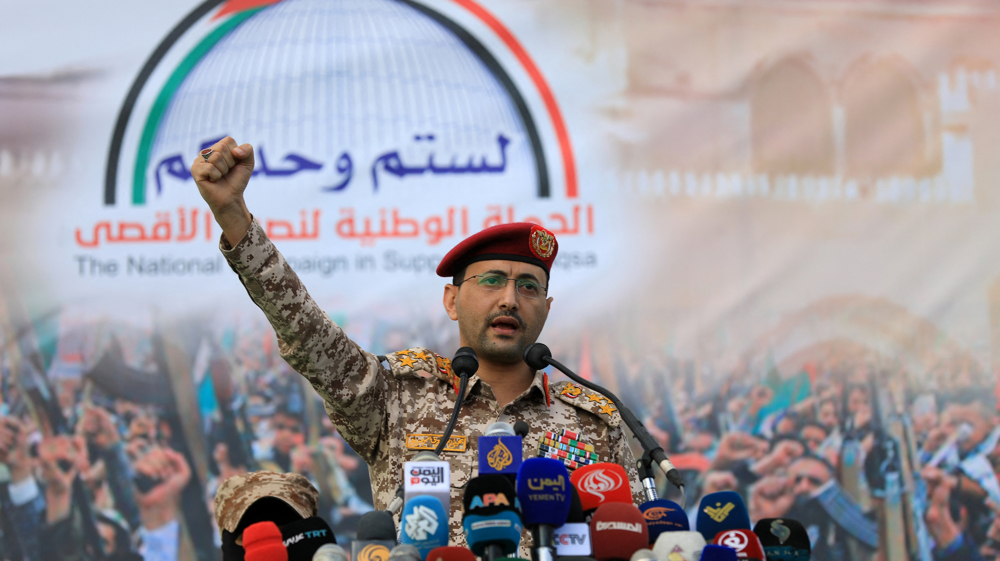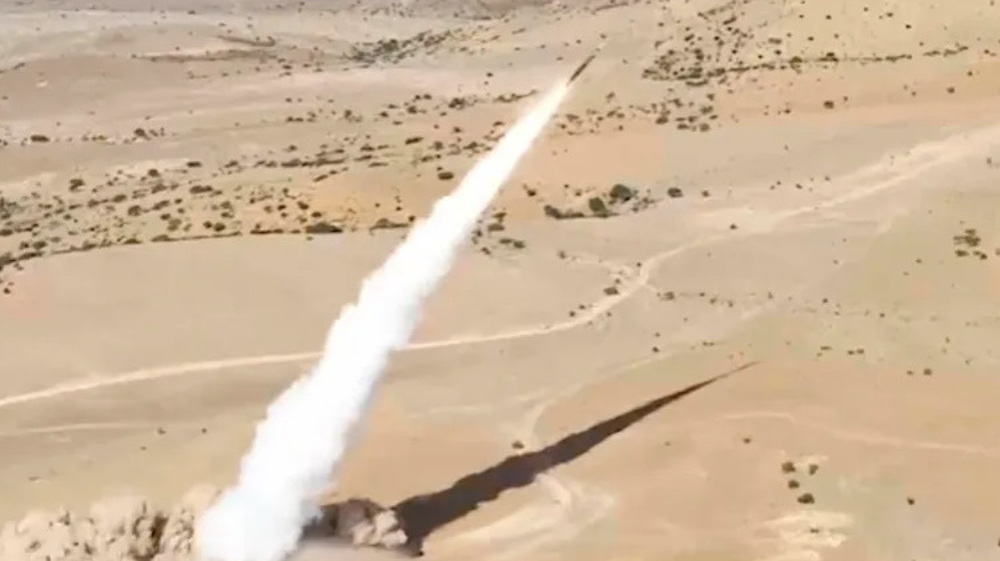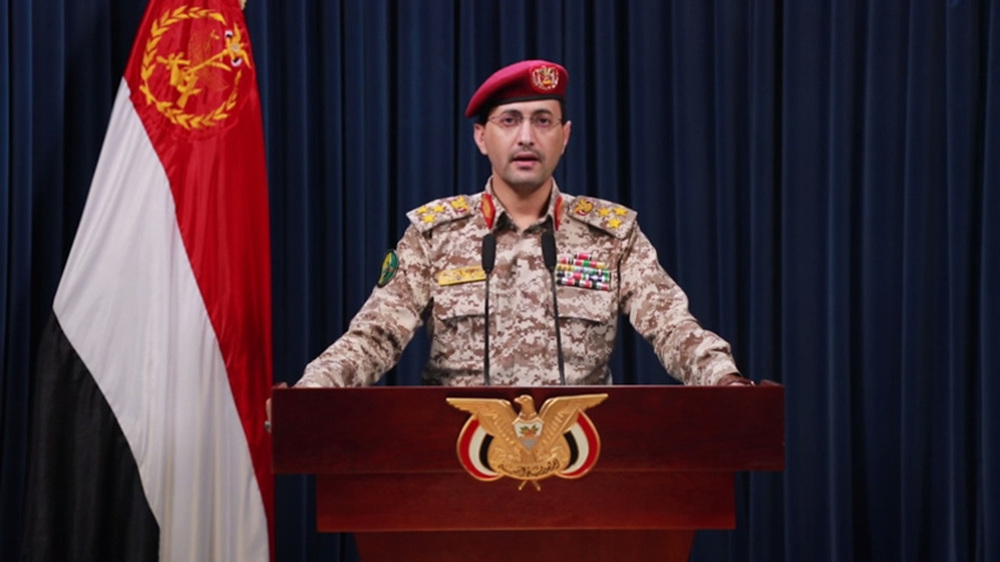Saudi warplanes conduct simultaneous strikes across Yemen
Saudi military aircraft have conducted a round of simultaneous attacks against several areas across Yemen in violation of a UN-brokered ceasefire.
The apparent uptick in Saudi airstrikes came a day after former president Abd Rabbuh Mansur Hadi was reported to have arrived in Ma’rib Province to oversee an offensive to retake the capital Sana'a from Houthis.
In the Tuesday morning bombing, explosions ripped through Nihm district northeast of Sana’a as Saudi warplanes launched three airstrikes against residential neighborhoods, Arabic-language Yemen Press reported.
Saudi warplanes also struck al-Maton district in the northern province of al-Jawf. A similar aerial attack was conducted on Kitaf wa al-Boqe’e district in the northwestern Sa’ada Province.
Separately, Saudi warplanes carried out two airstrikes against Abs district in the northwestern province of Hajjah.
There were no immediate reports of possible casualties and the extent of damage the assaults inflicted.
Saudi Arabia launched its military aggression against Yemen in March 2015, in a bid to bring Hadi, who resigned and then fled the capital two years ago, back to power.
More than 9,400 people have been killed and at least 16,000 others injured since the onset of the aggression.
The Saudi strikes have also taken a heavy toll on the country’s facilities and infrastructure, destroying many hospitals, schools, and factories.
On Monday, Hadi warned that his delegates would pull out of peace negotiations underway in Kuwait if the United Nations kept insisting on a roadmap for the formation of a unity government.

“The UN has tried to convince us to form a coalition government. We said we would issue a statement declaring our boycott of the Kuwait consultations,” Hadi told his militiamen in Ma’rib.
Hadi said he would not accept the roadmap proposed by UN Special Envoy for Yemen Ismail Ould Cheikh Ahmed.
Talks between Hadi’s representatives and delegates representing Houthis and allies have been going on in Kuwait City since April 21, but no concrete progress has been made for a permanent solution to the conflict.
UAE to continue military intervention
UAE Foreign Minister Sheikh Abdullah bin Zayed Al Nahyan said on Monday his country would continue its military involvement in Yemen, which includes troops on the ground and participation in Saudi airstrikes.
Sheikh Abdullah said the UAE is also “very much committed” to what he characterized as pursuing al-Qaeda in Yemen where the group has taken root, taking advantage of the power vacuum amid Saudi attacks.
He didn’t address the question whether the UAE intended to scale down its troop presence in Yemen.
Deputy supreme commander of UAE armed forces said last month that his country had ended its combat operations in Yemen before retracting his remarks.

The announcement came in the wake of heavy casualties which the UAE has suffered in Yemen in recent months.
An Emirati military helicopter crashed near the al-Buraiqeh coast of the southern Yemeni port city of Aden on June 13, killing its two pilots.
On March 14, two Emirati pilots died when their Mirage fighter jet crashed due to a technical fault while conducting military operations in the same district.
Last September, the UAE confirmed that at least 52 of its troops were killed when Yemeni army troops and Houthi fighters fired a barrage of missiles at a Saudi military base in Ma’rib Province. At least 70 soldiers were also injured in the attack.
VIDEO | Yemeni forces repel US-British attack, down F-18 Jet
Iran’s capabilities vast; enemy’s ‘maximum pressure’ policies all failed miserably: Senior official
Iran’s economy grew 2.7% y/y in Sep quarter: CBI
VIDEO | Freelancers in Gaza strive to stay online amid genocide
Mikati demands Israel's withdrawal from south Lebanon
Yemeni army strikes Israeli military sites with drones
‘Clock ticking’: UNRWA slams unjustifiable killing of children in Gaza
BP to be sued in Britain for supplying oil to Israel



















 This makes it easy to access the Press TV website
This makes it easy to access the Press TV website